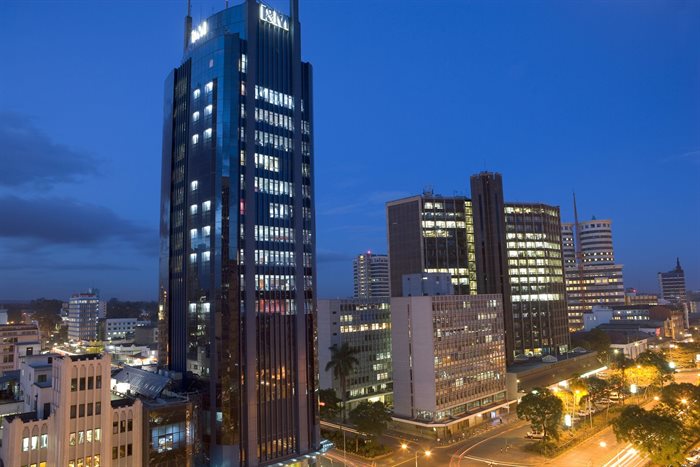Nairobi's prime residential sale prices show marginal improvement in H2 2021

Prime residential rents remained unchanged over the past six months to December, compared to a 4.17% decline during the same period in 2020. The stability in rentals is mainly attributed to increased occupancies across most high-end gated properties.
The prime residential sector still remains a buyers’ and tenants’ market due to continued oversupply in most locations.
Ben Woodhams, managing director at Knight Frank Kenya, said: “We are seeing a rebound in the residential market as there is now less uncertainty that had been brought about by the pandemic. We expect the prime residential sale and rental rates to remain stable in the first half of 2022 due to the favourable projected economic environment.”
A significant amount of office space was released into the Nairobi office market in the second half of 2021, after completion of several Grade A office blocks in the capital. This includes the iconic mixed use Global Trade Centre (GTC) whose office tower has circa 625,000ft2 of lettable area.
Improvement in average occupancy rates
In the second half of 2021, absorption of Grade A and B office space increased by 60% compared to the first half of 2021 as a result of pent-up demand from 2020. Players in the co-working space and those in financial services took up most of this space with average occupancy rates across commercial buildings at the end of the year improving to 78% from 73% in the first half of 2021.
Over the review period, prime commercial office rents increased from $1.10 to $1.20 per square foot per month. However, the sector continues to be a tenant’s market due to the prevailing oversupply situation.
The retail sector saw a slight increase in prime retail rents in the second half of 2021, from $4.00 per square foot per month to $4.10 per square foot per month. This was driven by increased demand for prime retail shops that are strategically located in developments. The period under review also saw supermarkets like Naivas, Chandarana, and Carrefour expand their retail footprint across the country while South African retailer Massmart that operates the Game stores revealed its plan to sell its three stores in Kenya.
The second half of 2021 saw foot and vehicular traffic increase in retail centres, which was attributed to the reopening of the economy, and the holiday season which saw consumers going to malls to take advantage of seasonal retail offers.























